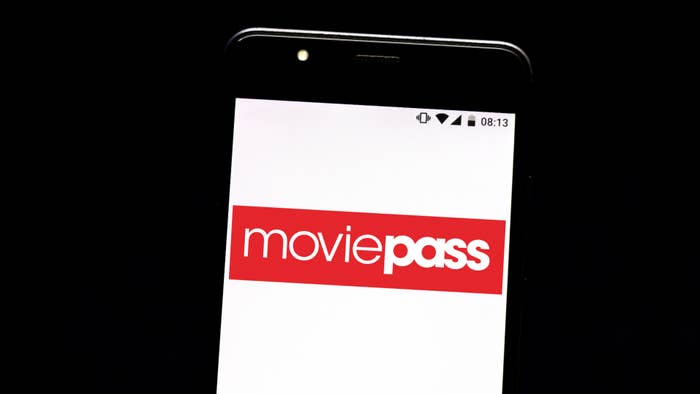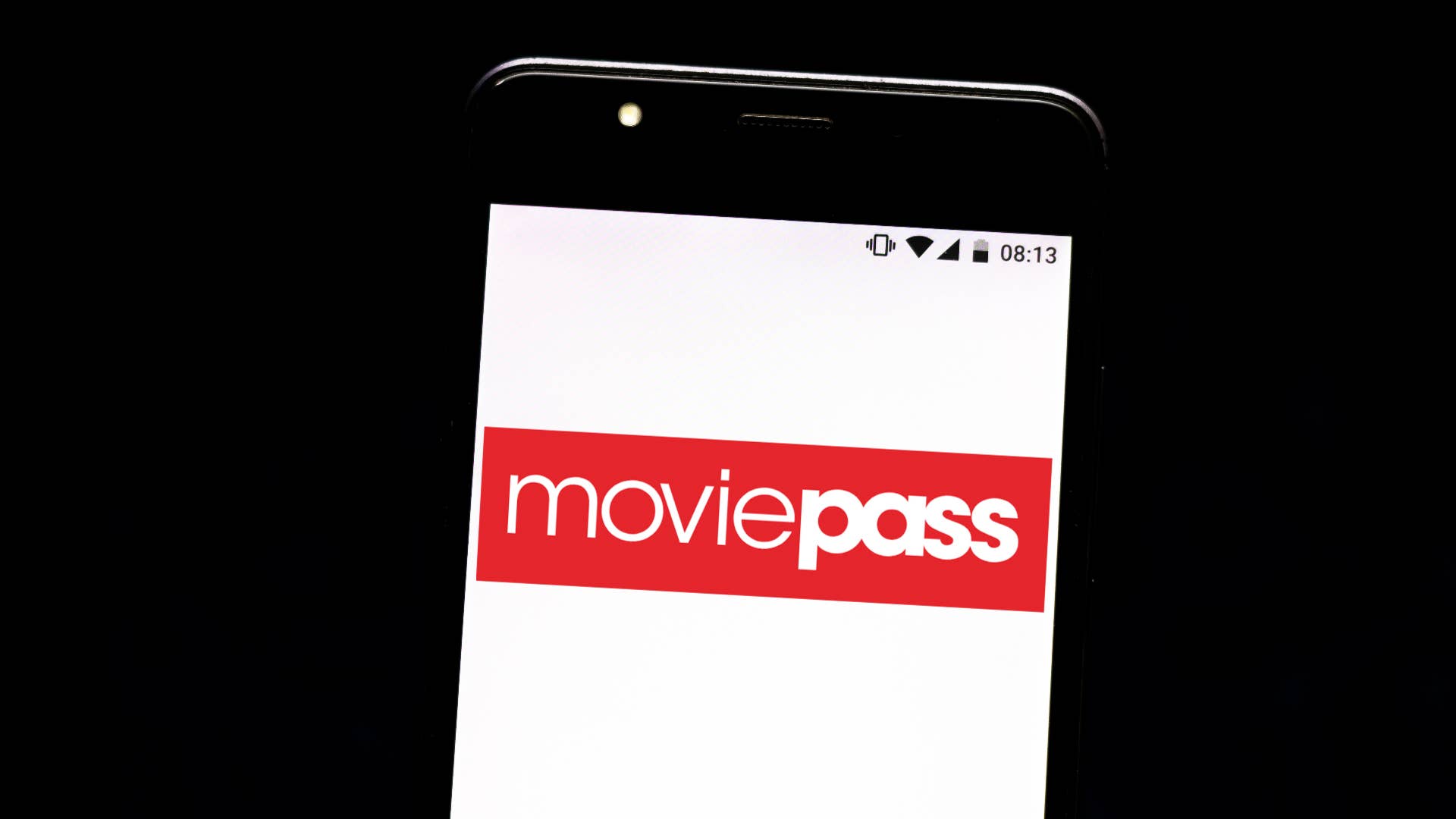
Former MoviePass executives reached a settlement with the Federal Trade Commission on Monday over accusations the company deceived its customers in an effort to prevent them from utilizing the service as it was initially marketed.
The settlement stipulates that MoviePass, its parent company Helios and Matheson Analytics, as well as former MoviePass CEO Mitch Lowe and former MoviePass Chairman Ted Farnsworth are “barred from misrepresenting their business and data security practices.” Because both MoviePass and Helios and Matheson Analytics have declared bankruptcy there will be no financial penalty.
The subscription-based movie ticket service operated under the appealing premise that someone could pay a monthly fee of $9.95, and watch a movie in the theater every single day. However, MoviePass allegedly used a series of discreet schemes to curb their users’ activity. As many as 75,000 subscribers could have had their passwords invalidated under the false claim that fraud had been detected. These users would then get locked out of their account since “MoviePass’s password reset process often failed.” They will also have to “implement comprehensive information security programs” with FTC oversight for any other corpaorate businsesses they start.
MoviePass allegedly “blocked thousands of subscribers from using the service” through a “ticket verification program” which failed to work properly. The complaint alleges operators used “trip wires” that prevented anyone else from using the service once a certain ticket sales threshold was met. MoviePass would also specifically target its “power users,” which applied to anyone who viewed more than three movies per month.
In 2019, TechCrunch reported MoviePass exposed tens of thousands of customers’ personal records, including credit card information and email addresses. The complaint states the company knew about this security breach for a few months, and was aware that this valuable info was being stored in plain text, which means that anyone with access would be able to read it.
MoviePass shut down that same year, and their parent company filed for bankruptcy in January 2020.

